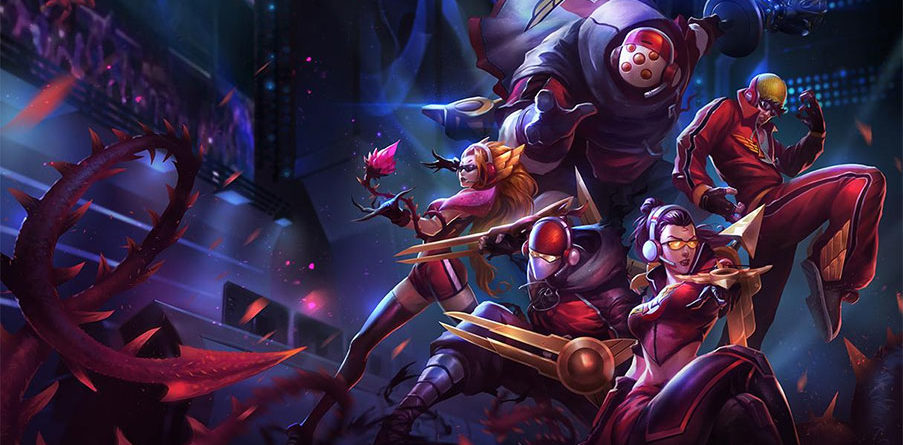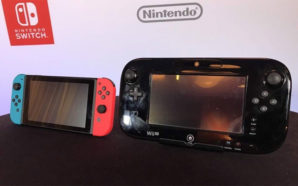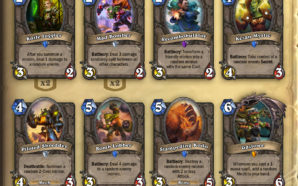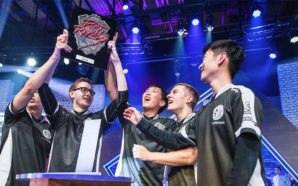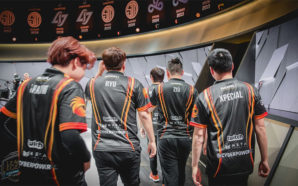To many, the Professional scene is the pinnacle of League of Legends. Being able to play on the big screen, alongside your long-time teammates, and hoisting the coveted trophies is just about any LoL player’s dream. With that in mind, why wouldn’t you try to imitate the pros to gain status while climbing the ladders? Sadly, many do not understand the differences between the Pro scene and the Solo/Flex queue climb, how different factors are at play, and thus tend to extract the wrong points of view, which leads to them to not understand why it doesn’t work. But, completely imitating the Pros is not the way to go about it, due to how a professional team practices, performs, and managed.
Copying/Pasting a strategy from a well-oiled team that has practiced for many hours together and trying to implement them into a solo/flex queue game is not exactly the best way to climb, as your regular team will generally be created with random other players. So, here are the take-aways from the professional scene, as well as what not to do.

Credit: Riot Games
Adaptation and finding Alternate Avenues to Victory
One of the most glaring issues that I have seen from players is the fact that they like to rage and get angry at their teammates for not understanding certain concepts or strategies at different levels of play. Granted, there are the bare basics that should be understood by all players, such as rotations, grouping, and objective play. But, some of the higher tier macro decisions that can be made might not work with random players. This is because some of the calls made during professional games have been continuously practiced and honed by five specific teammates for hours upon hours of practice. This would almost never be translated over into Solo or Flex queue, where, most often than not, you tend to get players who all have different concepts of how to win the game, as well as having never played with each other before, let alone practice the same strategy over and over again.
Instead of attempting to call for high-level macro strategy plays, attempt to emulate the professional players’ adaptation abilities and snap decision-making skills. Focusing on adaptability during Solo Queue means your decisions will come at a faster rate, as well as be more crisp, without the need to always have your teammates attempt to plan out a 3-minute long baron warding path. This will allow you to adapt to your teammates strategies and calls, and give you the flexibility to play any type of style given to climb the ladder.

Credit: Riot Games
Find the Steady Champions, not the Flavor of the Patch
As pros, players have the ability to decide the meta constantly. From finding the OP mid lane picks to experimenting with odd hidden champs, watching a champion on the big screen makes them feel like they have every advantage in their kit. Of course, once a champion is seen as the top of the top, you can bet that your solo queue will be flooded with people trying to gain that free LP. So why is this so wrong?
Champions are not always picked because they suddenly become overpowered compared to others. The champions that are picked for their “OP” status are generally seen as strong due to how well they fit into a certain composition that may be run often in the professional realms. In a few rare cases, such as Syndra during the past few seasons, the champion is truly over-powered. But, in more common cases, the champions are only seen as strong by how they are portrayed on the big screen, as well as the restrictions set upon the enemy team to also pick with the current top champion pools. While climbing the ladder in Solo/Flex queue, those restrictions are not apparent. Whereas Fiora may be extremely strong against the top pool of champions in the professional scene, a solo queue enemy may pull out an unconventional Jax or Singed pick, which will not be within the standard ideals for Fiora.
Instead of just picking out an over-powered champion because you saw it played by your favorite player once, find out the niche champion that is always at the backbone of the compositions. Generally, the overpowered champion is the flexible one that is able to be placed in numerous compositions of varying styles, not the single champion that can take over games at only a few select moments. These champions are your best bet to spam, as they will allow you to work in any situation, before the game even starts. If that champion happens to also be the one champion that can completely destroy an ADC as a Tank, more power to you.
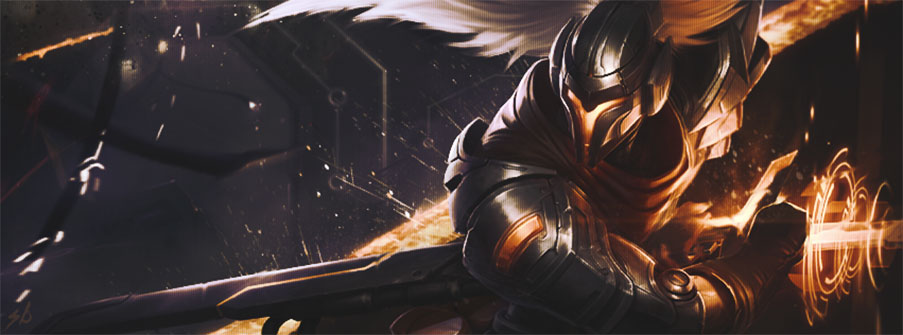
Credit: BerXamet Deviantart
Large Champion Pools vs. One-Trick Ponies
The battle between talking about large champion pools versus one-trick ponies has been an ongoing debate for years. In the professional scene, deep champion pools are a must as countering different strategies and keeping up with the current top picks requires them to constantly hold champion skill to a high degree. They must be able to come up with a strategy for any possible situation, and so they spend hours upon hours discussing, detailing, and practicing certain champions and strategies for those specific and isolated cases. That takes an enormous amount of time that most regular players do not have to spare. In reality, the average player would not be able to practice as much as a pro, which leads to people that attempt learning 4-5 champions inside and out to falter and only learn them in certain match ups, or only being able to play them in a certain way, such as only playing for the teamfight, or only playing for the split-push.
That being said, one-trick ponies have their own complications. On the plus side, one-tricking a champion does ensure that they will always understand how to play the champion completely and fully, and know what to do in any given situation. This means that they will also understand many of the smaller issues with said champion, and be able to cover them up accordingly. But, they are hinging on the fact that their said champion is not picked or banned out by the other 9 members in the game. This leads to them having extremely below-average skill on any other given champion, and can easily become a pitfall. Along that note, it also means that they know when their match up is extremely unfavorable for them, where they may not be able to win at all, but will be forced into playing said match up due to them not having an out in picking another champion.
Getting the best of both worlds is essential, but just following either side blindly hurts players in an overall sense. Focusing on a small champion pool of 2-3 champions will enable you to be able to have a decently advanced level of understanding of said champions, enough to where you are able to grasp most of the situations. You may not be a complete expert in every little detail of those champions, but you’ll still retain the flexibility to skirt major disadvantages that may rest on picking the champion. The enemy picks a non-conventional champion? You know most of the counters by heart, and can flex to another champion in case your other match ups don’t fare as well. All but one of your top lane champs banned out? No worries, you know how to adapt to most of the situations. With a smaller base champion pool, you are able to advance your skills on these champions to a higher degree. Not only that, you gain more awareness of how to work around disadvantages and issues by looking at it from a different standpoint, not from the standpoint of your one-trick champion. This leads to you climbing even faster.




